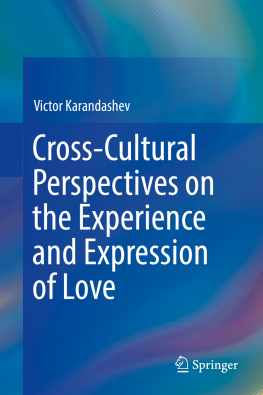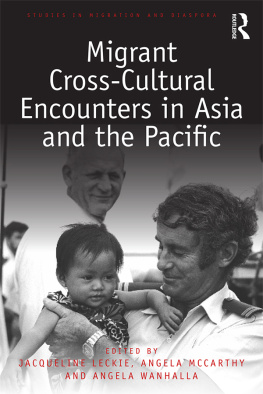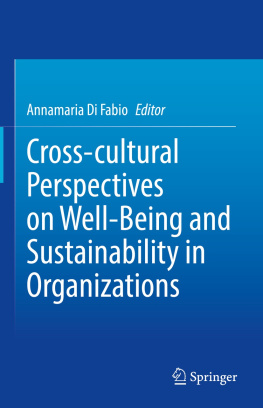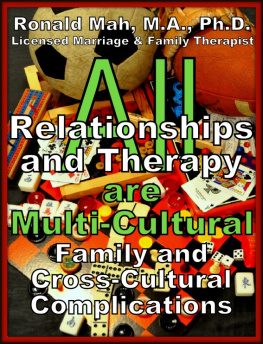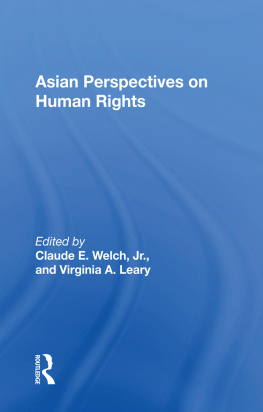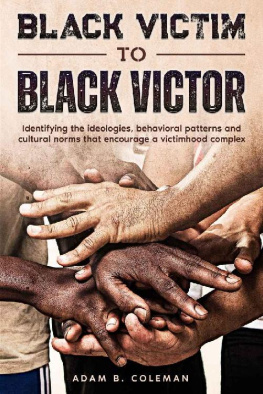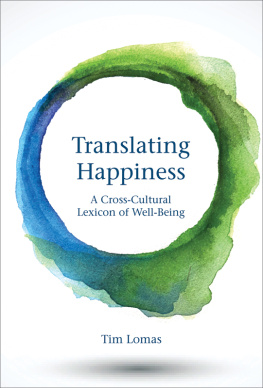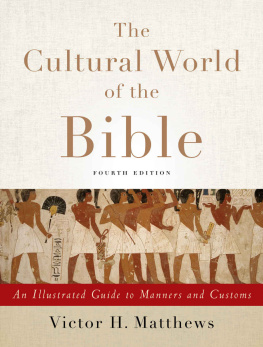Victor Karandashev - Cross-Cultural Perspectives on the Experience and Expression of Love
Here you can read online Victor Karandashev - Cross-Cultural Perspectives on the Experience and Expression of Love full text of the book (entire story) in english for free. Download pdf and epub, get meaning, cover and reviews about this ebook. year: 2019, publisher: Springer International Publishing, genre: Romance novel. Description of the work, (preface) as well as reviews are available. Best literature library LitArk.com created for fans of good reading and offers a wide selection of genres:
Romance novel
Science fiction
Adventure
Detective
Science
History
Home and family
Prose
Art
Politics
Computer
Non-fiction
Religion
Business
Children
Humor
Choose a favorite category and find really read worthwhile books. Enjoy immersion in the world of imagination, feel the emotions of the characters or learn something new for yourself, make an fascinating discovery.
- Book:Cross-Cultural Perspectives on the Experience and Expression of Love
- Author:
- Publisher:Springer International Publishing
- Genre:
- Year:2019
- Rating:4 / 5
- Favourites:Add to favourites
- Your mark:
- 80
- 1
- 2
- 3
- 4
- 5
Cross-Cultural Perspectives on the Experience and Expression of Love: summary, description and annotation
We offer to read an annotation, description, summary or preface (depends on what the author of the book "Cross-Cultural Perspectives on the Experience and Expression of Love" wrote himself). If you haven't found the necessary information about the book — write in the comments, we will try to find it.
Cross-Cultural Perspectives on the Experience and Expression of Love — read online for free the complete book (whole text) full work
Below is the text of the book, divided by pages. System saving the place of the last page read, allows you to conveniently read the book "Cross-Cultural Perspectives on the Experience and Expression of Love" online for free, without having to search again every time where you left off. Put a bookmark, and you can go to the page where you finished reading at any time.
Font size:
Interval:
Bookmark:
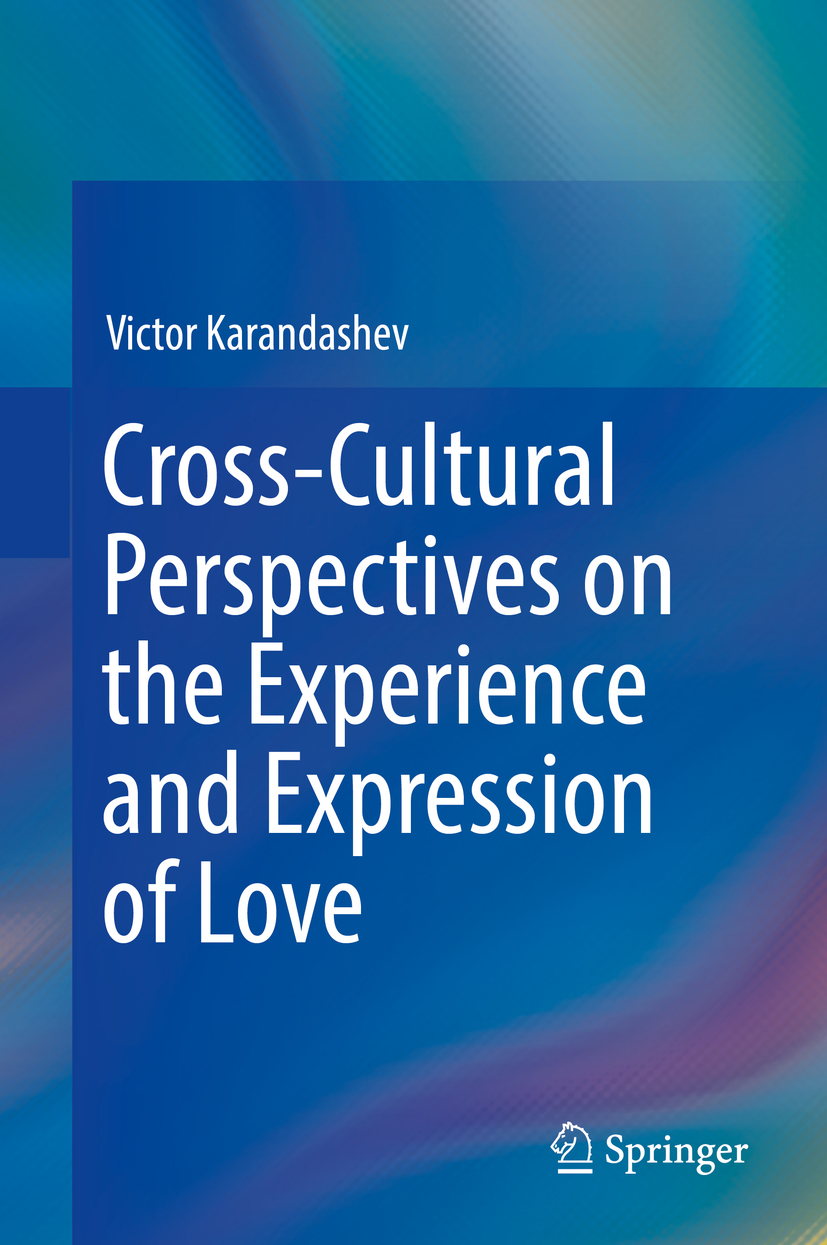

This Springer imprint is published by the registered company Springer Nature Switzerland AG
The registered company address is: Gewerbestrasse 11, 6330 Cham, Switzerland
To my colleague Elaine Hatfield, who devoted her passionate academic career to study love
Over the recent decades, a number of scholars have contributed to cross-cultural research of love. Numerous references and citations in the book acknowledge their important contributions. Some pioneering researchers were especially substantial and inspirational for love studies in cross-cultural perspectives. Elaine Hatfield is one of such prominent figures in this regard. Living for many years in Hawaiione of the most multicultural places in the USAshe has always appreciated the cultural diversity of love. She has been creative in her cross-cultural love studies, as well as supportive to other researchers in their scholarly endeavors. Besides, she has a kind and beautiful personality. Personally, I am very grateful for her continuous support of my cross-cultural explorations of love throughout the years.
I also acknowledge the especially substantial contribution to cross-cultural love research of other researchers. Among those are Bernard Murstein, Susan Sprecher, Karen Dion and Kenneth Dion, David Buss, William Jankowiak, Victor de Munck, Felix Neto, Robin Goodwin, Robert Sternberg, Clyde and Susan Hendrick, Eva Illouz, Zoltn Kvecses, Philippe Shaver, and Richard Rapson. My occasional or regular communications with those on the issues of cross-cultural studies of love were very helpful and inspirational.
In addition, I express my great appreciation to Morgan Ryan, and her editorial team in Springer, who encouraged me to publish my cross-cultural reviews on love.
The scientific efforts to understand love and sex stem from the late nineteenth century and continued in twentieth century. Despite those early attempts, scholars often resisted acknowledging love as a subject of scientific research; only sex and marriage were admitted to the field of science. Nevertheless, throughout recent decades, love and romantic relationships have become popular topics of research in biological and social sciences. Scholars from various disciplines, including anthropology, sociology, psychology, and communication studies, have advanced the theory of love and identified major love constructs. Evolutionary and cultural approaches to love have gained its popularity. Love was acknowledged as a universal cross-cultural phenomenon, which manifests its variations in cultural contexts (D. Buss, K. K. Dion and K. L. Dion, H. Fisher, R. Goodwin, W. Jankowiak and E. Fischer, E. Hatfield and R. Rapson, V. Karandashev, D. Landis, R. Levine, C. Simmons, S. Sprecher, and others).
Scholars from several disciplines have explored love from different, yet overlapping, perspectives and complemented each other in their cultural and cross-cultural investigations. Philosophy, literary studies, history, anthropology, sociology, psychology, and communication studies each contributed their valuable knowledge and methods. Philosophers contemplated about the nature of love using reasoning and generalizing the facts obtained from researchers in other disciplines (e.g., Naar, 2013; Secomb, 2007; Singer, 1984a, 1984b, 1987; Solomon, 1988; White, 2001). History of emotions informed our cultural understanding of love (e.g., Abbott, 2010; Coontz, 2005; Hunt, 1959; Lee, 2007; Licht, 1972; Manniche, 1987; Murstein, 1974). Literary studies contributed to the love studies exploring peoples minds and dreams in the forms presented in novels, poems, and other writings (e.g., Allen, 1992; Ashton, 2010; Eifring, 2004; Hardin, 2000; Hogan, 2003; Kaler & Johnson-Kurek, 1999; Selinger, 1998; Suzuki, 2010; Zaerr, 2012). Cultural anthropology investigated the norms, traditions, customs, and rituals related to love manifestations in many cultures (e.g., Abu-Lughod, 2000; Danielsson, 1986; De Munck, 1996; Endleman, 1989; Fisher, 1992; Hirsch, & Wardlow, 2006; Jankowiak, ed. 1995, 2008; Lindholm, 2006; Smith, 2001; Trawick, 1990). Sociology and social psychology studied love attitudes and the prevalence of love ideas (e.g., De Rougemont, 1974; Fowler, 2007; Goode, 1959; Illouz, 2012). Psychologists proposed several theories of love and collected multiple empirical findings (e.g., Berscheid, 1985, 2010; Berscheid & Walster, 1969/1978, 1974; Hatfield 1988; Hatfield & Rapson, 1993; Lee, 1976; Liebowitz, 1983; Sternberg, 1998; Tennov, 1979). Neurophysiology, psychophysiology, neuropsychology, and clinical and behavioral research have revealed the role of biology in passionate love (see for review Hatfield and Rapson (2009)). These disciplines employed quantitative and qualitative methods and explored different, yet overlapping, areas of love feelings, processes, mechanisms, manifestations, and prevalence; they complemented each other and brought together a multifaceted picture of what romantic love is. This book aims to review the modern research on love from various disciplines and integrate the cross-cultural findings in a comprehensive review of how people experience and express love.
In recent decades, many scholars of emotions demonstrated their interest in cultural variations and attempted cross-cultural comparisons in their studies of love. Despite the earlier Western ethnocentric bias, which considered romantic love as a European contribution to the world cultures, researchers found evidence of the occurrences of romantic loveor at least passionate lovein many cultures (Fischer, Shaver, & Carnochan, 1990; Fisher, 1992; Gottschall & Nordlund, 2006; Jankowiak & Fischer, 1992; Shaver, Morgan, & Wu, 1996). Besides the question about universality of romantic love, scholars discovered that people from different cultures hold their culturally specific understanding of love. The rich texture and subtle nuances of love need to be understood within a cultural context since culture has a profound impact on peoples definitions of romantic love and on the way they think, feel, and behave in romantic settings (Dion & Dion, 1996; Hatfield, Rapson, & Martel, 2007; Karandashev, 2017; Neto, 2007; Neto et al., 2000). During recent decades, many empirical studies have reported cross-cultural similarities and differences in the concepts of love, in how people experience, express, and communicate their love, how they attract to each other, and how they develop, maintain, and preserve their romantic relationships. These findings are dispersed through journal articles, books, and other publications.
Font size:
Interval:
Bookmark:
Similar books «Cross-Cultural Perspectives on the Experience and Expression of Love»
Look at similar books to Cross-Cultural Perspectives on the Experience and Expression of Love. We have selected literature similar in name and meaning in the hope of providing readers with more options to find new, interesting, not yet read works.
Discussion, reviews of the book Cross-Cultural Perspectives on the Experience and Expression of Love and just readers' own opinions. Leave your comments, write what you think about the work, its meaning or the main characters. Specify what exactly you liked and what you didn't like, and why you think so.

